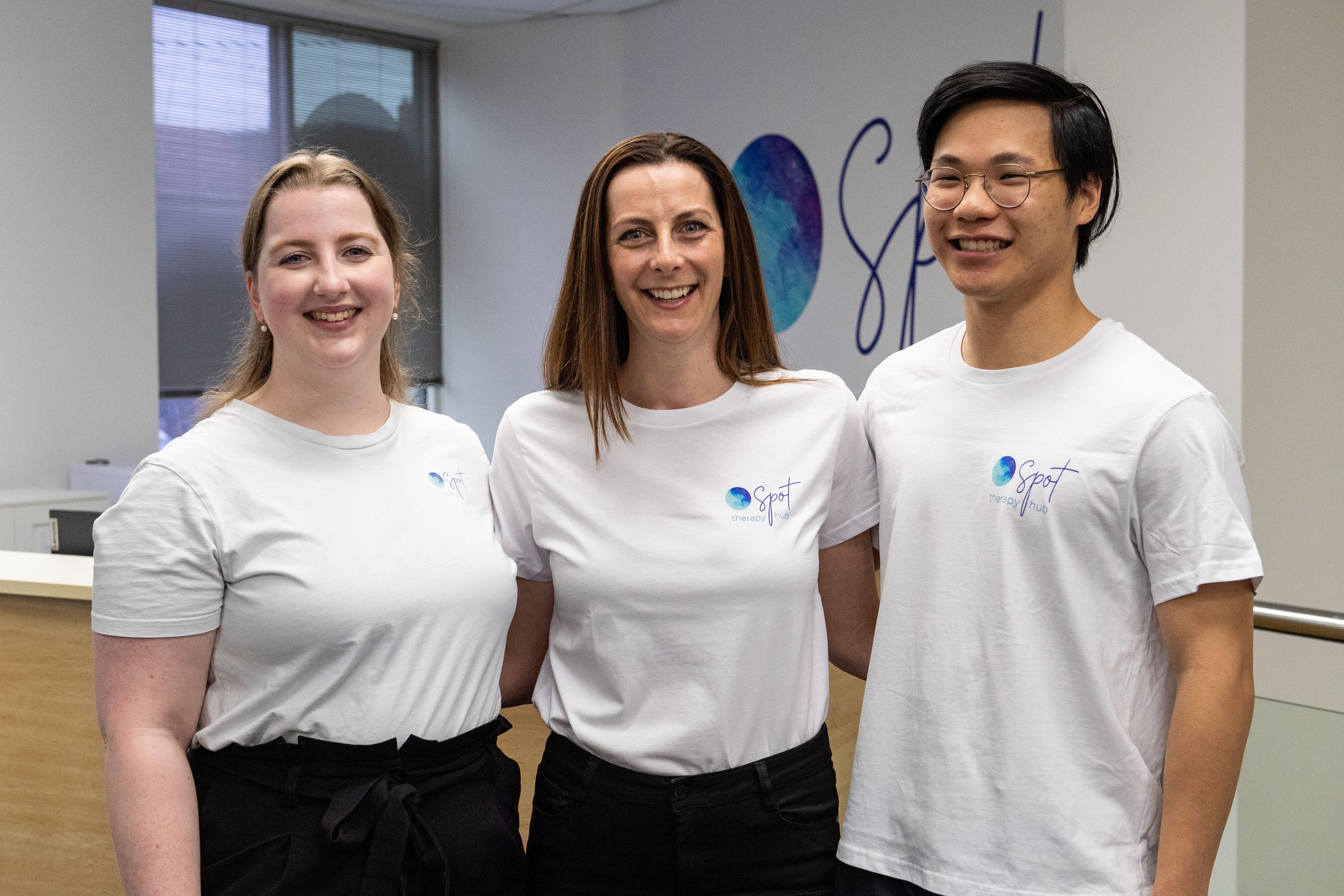


Ever feel like you’re trapped in a dysregulation cycle? It’s a common experience for many families, especially those navigating the complexities of sensitive nervous systems or past traumas. The good news is that there are ways to turn things around, even when it feels challenging.

Dysregulation can manifest in various forms—heightened emotions, difficulty focusing, or even physical restlessness. For families with sensitive, big feeling or neurodivergent kids, these cycles can feel especially hard to break. It’s important to remember that our nervous systems don’t always react in ways that align with what we cognitively understand. Trauma resides in the body and nervous system, often operating outside of our conscious awareness.
Developing a safe CONNECTION with a caregiver and/or educator is vital for navigating the dysregulation cycle. A trusted adult can provide the support needed for co-regulation, helping children learn to manage their emotions in a secure environment.
When children bond with caregivers who understand their needs, they feel safe expressing themselves and working through challenges. Occupational therapy can enhance these connections by equipping caregivers with effective strategies, such as:
By fostering these relationships and employing co-regulation techniques, families can cultivate a supportive environment where everyone feels understood.
It’s easy to feel disheartened when you don’t see immediate changes. Patterns of behaviour often take time to shift, and that’s where patience, perseverance and therapeutic support come in. Our team at Spot Therapy Hub is here to support you in building those essential connections for co-regulation and overall well-being.

Having a therapist to guide you through this journey can be incredibly powerful. Many families wonder, “What can occupational therapy do for us?” For many Spot families, the answer is clear: we can help you develop greater awareness and capacity to manage regulation for your entire family.
Our occupational therapists can provide tailored strategies that consider each family member’s unique needs, helping you build a toolkit for regulation. These strategies might include sensory integration techniques, mindfulness practices, and practical coping strategies that can be woven into daily routines.
If you’re feeling overwhelmed by dysregulation in your family, know that you don’t have to navigate this journey alone. Our team at Spot Therapy Hub is here to support you. We offer resources and guidance to help you create a more regulated environment for your family, empowering you to thrive together.
Contact us for support: 📞 9326 6000
🌐 www.spottherapyhub.com.au